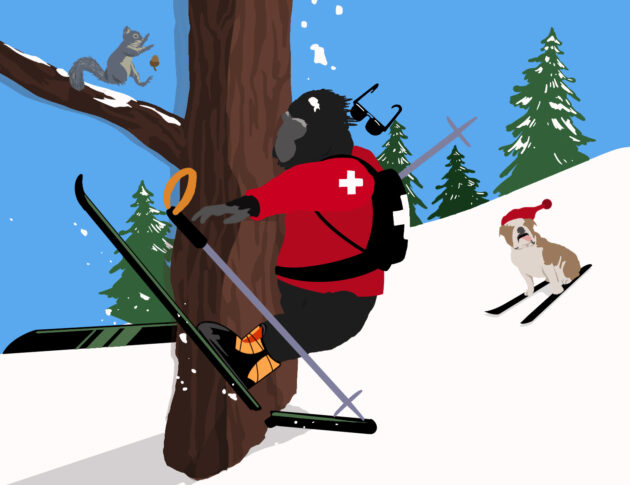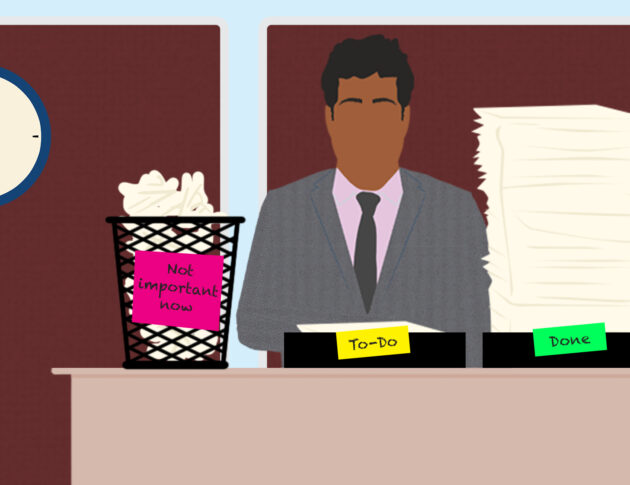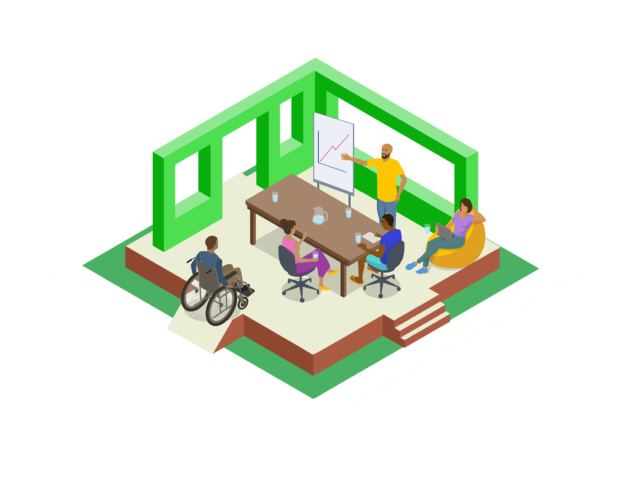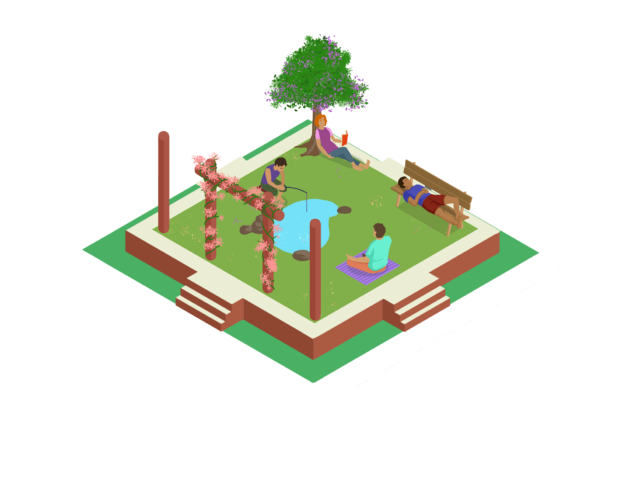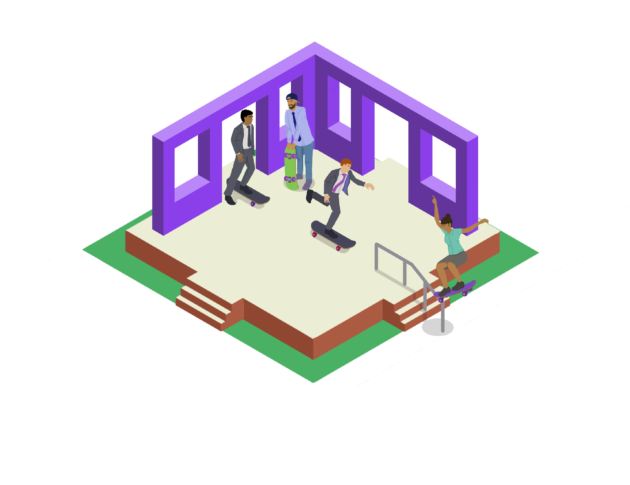25 January 2022 / Share
Resilience by Design Chapter 8: Intentions
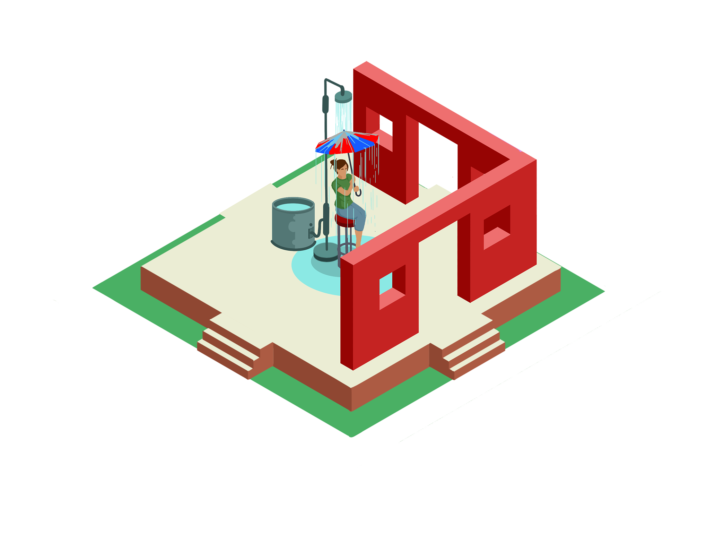
In Chapter 8 of Resilience by Design, the theme is “Intentions”.
At Frontline Mind, we like to ask “what for” rather than “why” as a way to place somebody’s attention on the positive intention they might have for something, rather than frame it in a negative manner.
A friend of Frontline Mind, Sam served as a Royal Marine for seven years and a Police Officer for fourteen years, eight of which he served in SO19, the special firearms command. Since retiring from the Police, he’s led hundreds of high-risk security operations in some of the most challenging and disrupted countries in the world.
A “day in the office” for Sam is very different to most people. This begs the question, “what do you do that work for?” Read some of his story below:
Managing Delirium
I’m leading the security for a small, but very high-profile news crew, reporting on the fighting and atrocities in Syria. It’s early 2012, and the civil war is tearing the country apart and causing one of the largest humanitarian disasters of our age. This is our fifth day of being relentlessly shelled by over one hundred Syrian army tanks and artillery. The tanks have surrounded a rebel stronghold that we were unfortunate enough to have entered whilst seeking out our story. And now we must move, be captured, or get hit.
In a situation like this, people will have different intentions for being there in the first instance, and for the work they might be doing.
As the tanks inch closer to us, I know it’s time to make a break for the border while we still can.
For $200, I am able to buy the services of a Syrian rebel medic and his fibreglass topped pickup truck. This is our only way across the open range to freedom, and I silently pray he doesn’t double-cross us and trade us in for a lot more than we are paying him.
If you go up an intention chain far enough though, most people will share the desire to stay alive in common, even if for different intentions.
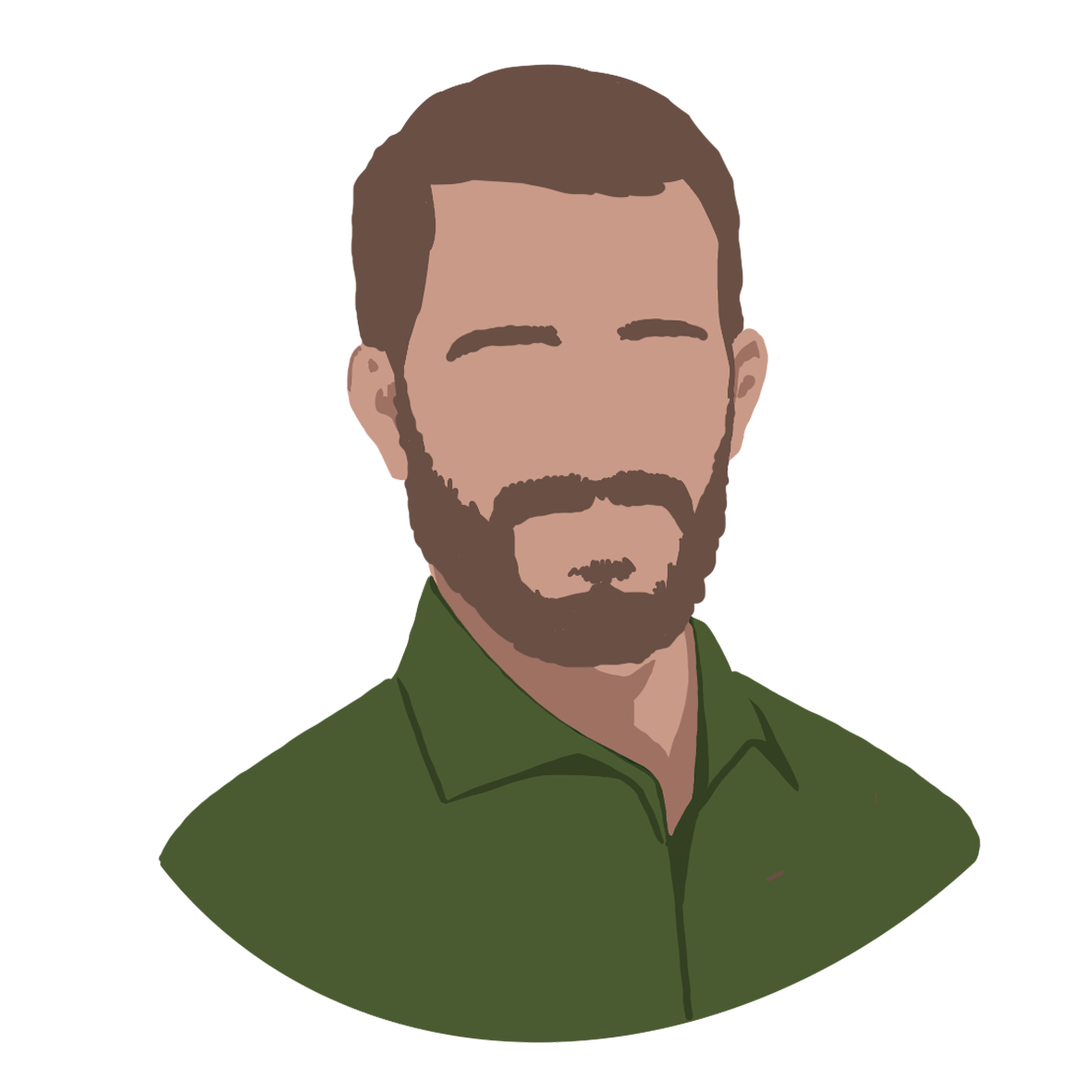
Our team of five flattens into the bloodstained cargo bed of the truck and without a second’s hesitation, our driver begins racing through the streets and out across the open field area. For a few alluring moments everything is eerily quiet, and then… the ground begins to explode all around us. In what is the most time-distorted minute of my life, artillery lands all around us and shrapnel sprays our vehicle as the ground shudders and convulses. We all attempt to stay prone in the truck but get bounced into the fibreglass roof, as a form of delirium takes hold. A paralyzing mix of expectancy, doom and acceptance all compete for our minds’ full attention. Time has no meaning for us as the truck takes more hits.
At moments like these, thoughts turn to what is actually important.
‘Did I leave it too late to exit the town? Will I see my family again? Was this operation worth it? Did I really need to come here again? This has to be my last crossing’, these are my thoughts before I have no thoughts at all and the whole experience becomes a moment that is intensely beyond words.
With fear replaced by flow, we skid into the forest and are screamed at to exit the vehicle. One hundred metres of landmines and two, forty-metre high banks separate us from freedom.
As our news crew begins a final manic sprint up the hills to the crossing point, we hear gunshots.
I have crossed back and forth into Syria sixteen times since the civil war started. In every single crossing, I’ve been shelled or shot at. It gets harder each time, and I do my best to avoid calculating the odds of taking another team into the territory.
However, I would be a liar if I did not admit that the intensity of the moment, the feeling of aliveness and the total disconnect from mundane life was not… completely compelling.
We are certainly not saying that this sort of work is for everyone, what we will say though is when what you do lines up with a high level of intention, you are very likely to find motivation and satisfaction – without going into a war zone.


